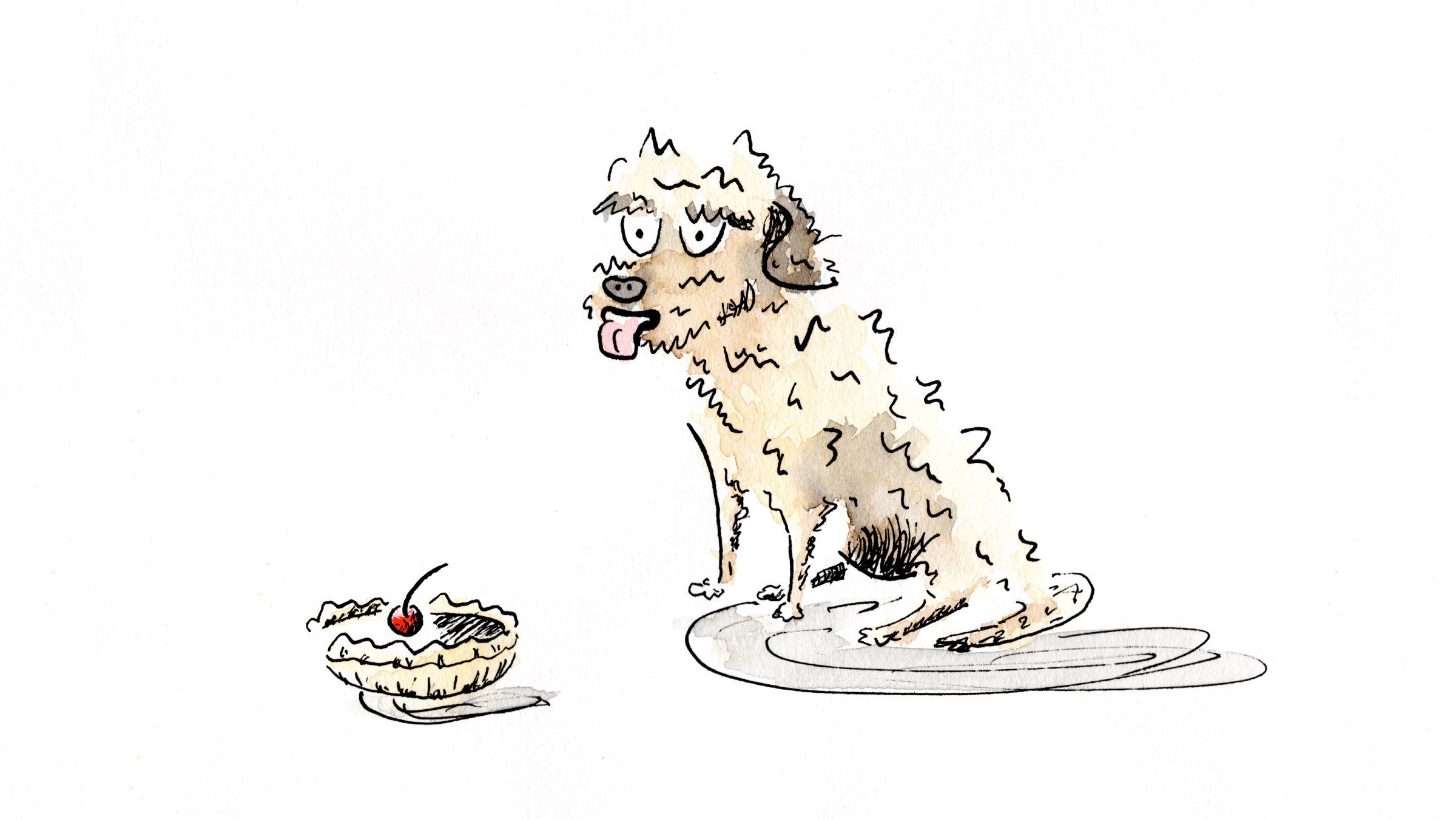Why do some experts become authorities while others stay invisible?
I've studied dozens of top consultants like David C. Baker and April Dunford and identified the patterns behind their success.
Get my free 10-part email series breaking down how they transitioned from invisible experts to Undisputed Authorities.


